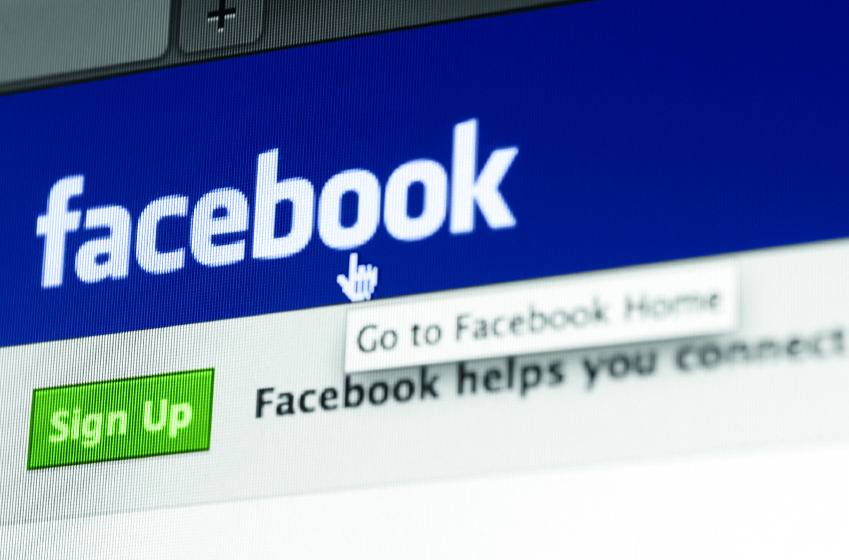Hundreds of fake Facebook accounts and Pages that were likely affiliated with one another and operated out of Russia bought $100,000 in political advertisements on the social network over the past two years, Facebook said in a statement. Facebook shared its findings with U.S. authorities investigating Russian interference in the 2016 U.S. presidential election.
The fake accounts and Pages were allegedly connected to a “shadowy” Russian company seeking to target voters, according to a report in The Washington Post on Wednesday. The company, called the Internet Research Agency, is known for using fake accounts to comment on news stories and post on social media. U.S. intelligence agencies said in January that the likely backer of the Internet Research Agency is a close ally of Russian President Vladimir Putin. Congressional investigators and special counsel Robert Mueller are probing allegations of Russian interference in the U.S. election and possible coordination with members of President Donald Trump’s campaign. In January, U.S. intelligence agencies concluded that the Russian government, under orders from Putin, hacked Democratic targets in an effort to hamper Hillary Clinton’s election prospects and aid Trump’s.
Even a ‘minor’ nuclear war would be an ecological disaster felt throughout the world
While the ad spending figure is small, Facebook’s findings raise questions about the extent of Russian involvement in the U.S. election and how misinformation on social media may have affected voters. Under federal law, foreign governments and foreign nationals are prohibited from making contributions or spending money to influence a federal, state or local election in the U.S. Facebook briefed the House and Senate intelligence committees about the findings on Wednesday.
These 470 fake accounts and Pages purchased approximately 3,000 ads focused on divisive social and political topics such as LGBT matters, race, immigration and gun rights, Facebook said in a blog post by chief security officer Alex Stamos. The large majority of the ads did not specifically reference the U.S. presidential election, voting or a particular candidate. The ads were purchased between June 2015 to May 2017, and about a quarter of the total ads were geographically targeted. Facebook shut down the inauthentic accounts and Pages that were still active, because fake accounts violate the social network’s policy, the company said.
“There have been a lot of questions since the 2016 US election about Russian interference in the electoral process,” Stamos wrote in the blog post. “One question that has emerged is whether there’s a connection between the Russian efforts and ads purchased on Facebook. These are serious claims and we’ve been reviewing a range of activity on our platform to help understand what happened.”
Facebook said it has also done a broad search for ads that might have originated in Russia, for example, ads purchased from accounts with U.S. IP addresses but with the language set to Russian. In this search, Facebook said it found an additional $50,000 in advertising spending with a potential Russian connection across about 2,200 ads.
Facebook has taken a series of new steps since the U.S. presidential election to crack down on the spread of misinformation on the social network, including launching a third-party fact-checking program and improving artificial intelligence technology that can detect fake accounts. In August, Facebook said it will no longer allow Pages that repeatedly share false news to advertise on Facebook. The company also curbs the spread of stories from sources that consistently post clickbait headlines. In the past few months, Facebook has taken steps to block fake accounts in Germany and France.
Stamos said Facebook is looking into a range of improvements to keep inauthentic accounts and bad actors off of its platform. For example, Facebook is testing ways to use its technology for detecting fake accounts to better detect inauthentic Pages and the ads they could run. The company is also experimenting with tools to stop the creation of inauthentic accounts at the time they are formed. – Written by ,
